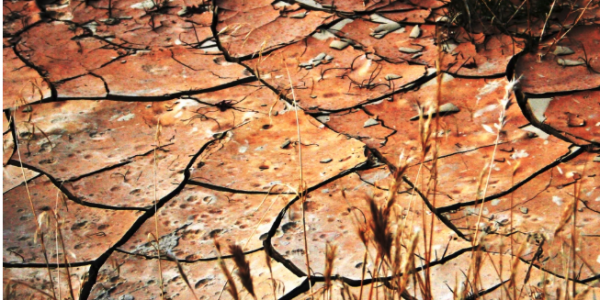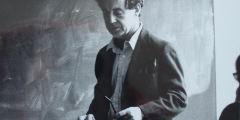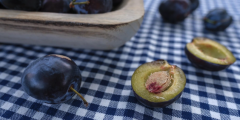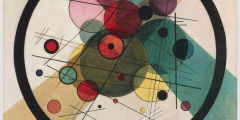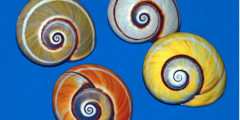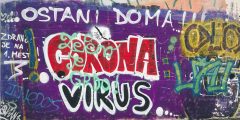Climate change and climate discourse: A dual disintegration
September 29, 2025
I was idly watching the world go by on Bluesky around 25 September when I noticed a conjunction of several events that made me think about climate change communication yet again, and how bad things are at the moment. On 24/25 September, an Extreme Weather conference (ExtremWetterKongress) was taking place in Hamburg, Germany, where a broad spectrum of lay and expert people …
Erving Goffman: Memories, method and metaphors
If you do sociology or, indeed, any social science whatsoever, you’ll come across the work of Erving Goffman. I have done too but never engaged with it as much as I should have done. This was brought back to me when I talked with somebody who once shared a taxi-ride with Goffman and chatted with …
Participation at the core: AI, ELSI and community engagement
Alondra Nelson, a sociologist, STS scholar and expert on AI policy and ethics, recently published a letter in Science proposing that artificial intelligence (AI) should adopt the Ethical, Legal, and Social Implications (ELSI) framework from genomics, an approach designed to put social concerns at the heart of technology governance. Nelson argues that meaningful community engagement …
Understanding computational hermeneutics: Making meaning between the past and the present
A large group of scholars led by Cody Kommers and Drew Hemment at the Alan Turing Institute recently published a paper on ‘computational hermeneutics’. They mention Hans-Georg Gadamer and Wilhelm Dilthey, two godfathers of hermeneutics, and talk about situated meaning, ambiguity and the plurality of meaning. How intriguing, I thought. The paper brought back memories …
AI winter and AI bubble: Historical and metaphorical reflections
I have followed the emergence of recent developments in AI from the end of 2022 onwards, marked by the launch of OpenAI‘s AI chatbot ChatGPT. It’s now the middle of 2025 and a LOT has happened in this space. From being a niche and nerdy topic, AI has become a topic discussed across society. Recently, I have observed …
From dissemination to firefighting: The new reality of science communication?
August 10, 2025
Three things happened recently in my Bluesky timeline which made me think about the fate of science communication. In this post I’ll use these brief glimpses into science communication activities, science communication research and government science communication to reflect on how science communication might change, especially in the United States. To continue reading this post …
Beauty and the snail
August 8, 2025
Since around 2016, the year I retired, I have followed the blossoming career of another University of Nottingham academic, Angus Davison, a professor of evolutionary genetics and expert on snails and a science communicator. He became famous in 2016 when he began to write and broadcast about ‘Jeremy the lonely lefty snail’, a snail with a …
New Making Science Public blog site
July 18, 2025
Hi everybody, I have now migrated almost all my blog posts to a new personal WordPress blog. BUT I haven’t quite got the hang of it yet, I have to confess. I’ll do my best to make the transition as smooth as possible, but there will probably be some hick-ups, as I am not the …
Science and politics: Some whimsical thoughts
March 4, 2025
On Monday morning I had a lot of time. I was in hospital getting an infusion of Vedolizumab. With observation etc. that takes about three hours. I scrolled on my phone and read some posts on Bluesky, while, at the same time, reading an old novel on my Kindle – a Lord Peter Wimsey novel. …

